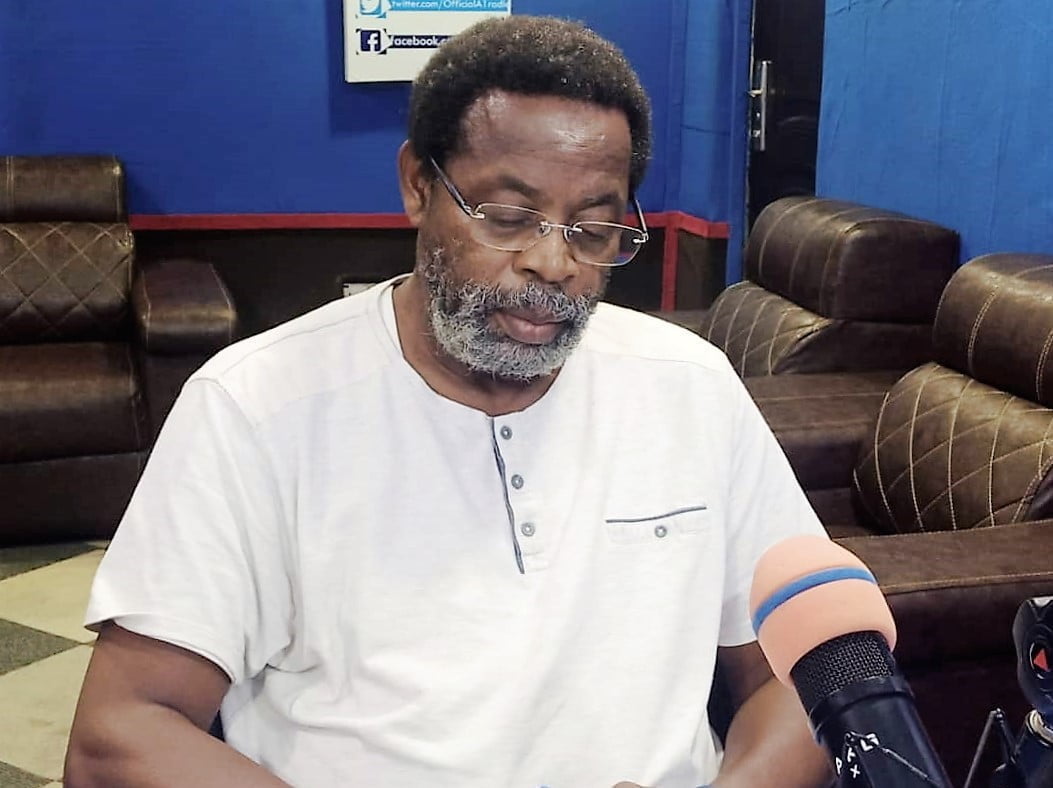Nyeya Yen, Chair of the Savanna Research and Advocacy Network and a leading member of the Social Justice Movement and Progressive Alliance for Ghana, has argued that since independence, successive governments have perpetuated a form of neo-colonialism, undermining the hopes and expectations of the Ghanaian people.
In particular, he criticized the leadership of former President Jerry John Rawlings, despite acknowledging his early role in Ghana’s political landscape.
Speaking on A1 Radio, the socialist addressed the country’s struggle to achieve true economic independence, despite nearly seven decades of freedom from colonial rule. He emphasized that colonial powers did not come to Ghana out of goodwill but were motivated solely by the desire to exploit the country’s rich natural resources.
According to Mr. Yen, Rawlings’ policies during his tenure in the 1980s, particularly those shaped by Western influence, led to the restructuring of the economy, which he believes contributed to Ghana’s continued dependence on foreign powers.
“Up till now, we have had various governments that have maintained the neo-colonial rule, and when we say that, people get excited about the Rawlings regime,” he said. “That regime was one of the worst governments we had. I’m not saying this out of personal bias—I served in that regime in its early days, in 1982.”
Addressing why Ghana has struggled to achieve full economic independence, Mr. Yen identified the country’s education system as a key factor. He argued that the current educational framework has perpetuated “mental slavery,” where students are taught to revere Western cultures while remaining largely ignorant of their own country’s history and resources. This system, he said, has produced a class of educated elites who are more inclined to adopt Western capitalist ideals rather than pursue independent, locally driven development strategies.
“We have not been able to break free for many reasons, and one of the primary ones is the kind of education we have had. It is what is called ‘mental slavery.’ The education system has turned educated people into black skins with white brains.”
“It is this class of educated elites who have assumed power, who look up to the West, who embrace capitalism, and who think that the neoliberal order is the only way to develop. You always hear them talk about the private sector as if it is the sole path to progress.”
He also criticized the political and business elites for their unwillingness to make sacrifices for the country’s progress, arguing that these leaders have prioritized personal comfort over the hard work necessary for real change. He stressed that this lack of commitment to national development has hindered Ghana’s growth and prosperity.
“The second reason is that the educated elites who have assumed governance are extremely lazy. We are not prepared to sacrifice. We want the easy way out,” he said.
Source: A1Radioonline.com|101.1Mhz|Gifty Eyram Kudiabor|Bolgatanga


